Article not found
This article is no longer available. But don't worry—we've gathered other articles that discuss the same topic.
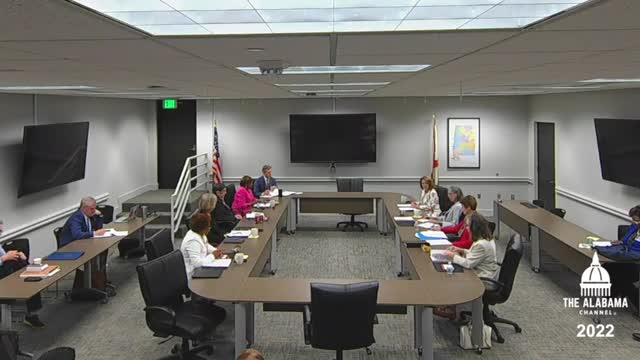
State education officials say FAFSA data aren’t stored by department; board hears progress on completion rates
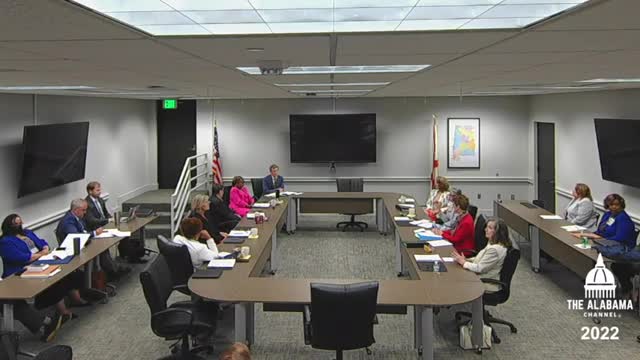
Board reviews educator preparation program extension presentations from multiple universities
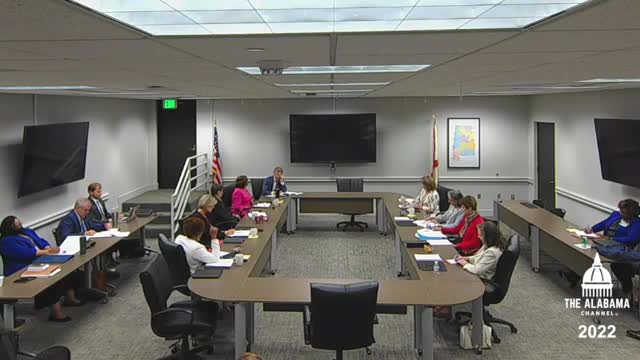
Board hears schedule to accelerate social studies course‑of‑study revision to 2024 after science work
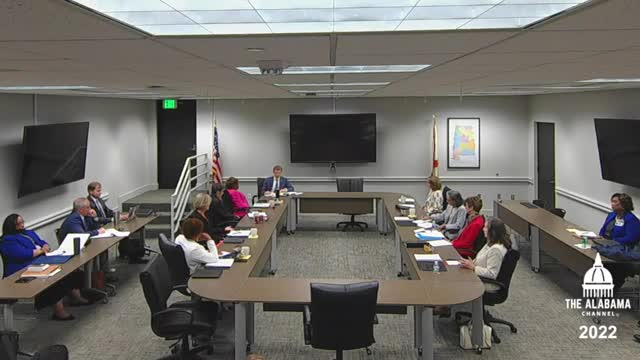
Board debates Praxis suspension, edTPA and teacher retention strategies as shortages persist
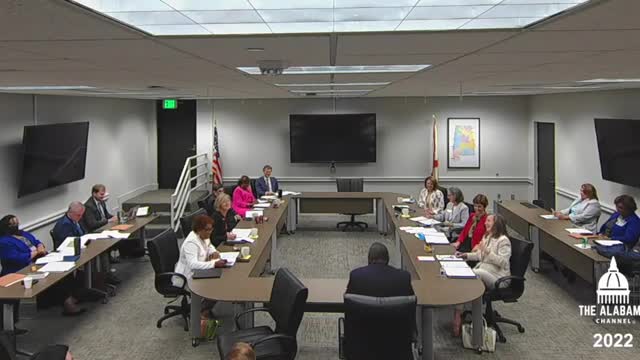
Department outlines PowerSchool support, assessment timing and reading‑spotlight school reviews

